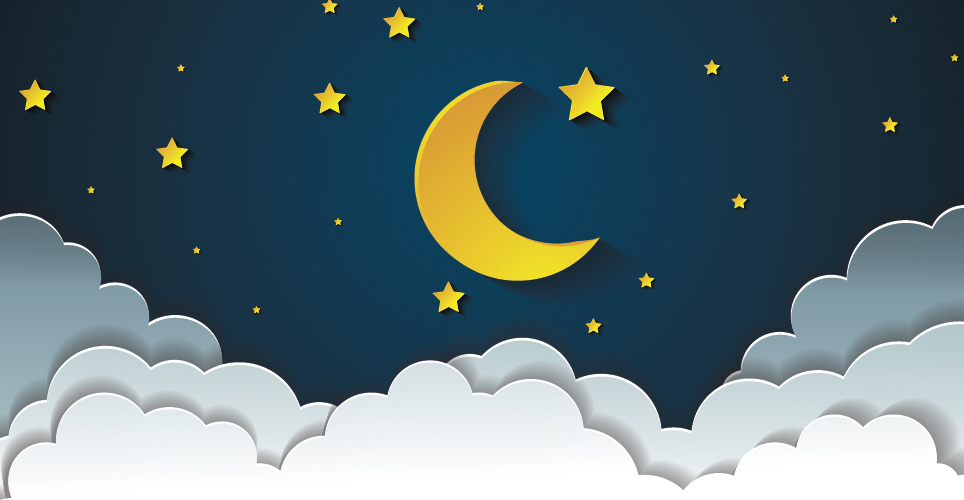
Daylight Saving Time ended on Nov. 5 and we gained one hour. Sounds good right? Not always. Even this small shift can affect your sleep cycle, disrupting your rest for several days.
The seemingly small one-hour shift during Daylight Saving Time transitions can affect our sleep-wake cycle, disrupting our sleep for several days.
Test your sleep awareness I.Q.
Think you know how sleep – or lack of – impacts your health? Test your knowledge with MHealthy’s Sleep I.Q. Challenge. This six-question quiz only takes a few minutes and you’ll learn how changes in your sleep could affect your body, mind and mood.
At the end of the quiz, U-M faculty and staff can enter a drawing for a chance to win one of ten $25 Amazon gift cards. The deadline to enter is November 17, 2023.
More sleep awareness resources
According to data from the 2023 annual health questionnaire administered by MHealthy, nearly 30 percent of U-M employees reported getting 7-8 hours of sleep two or less times per week. Most adults need 7-9 hours of uninterrupted sleep each day to maintain optimal mental and physical health.
MHealthy’s website includes resources and tips to help you adjust in the days before and after a time change. Use these anytime to raise your awareness and practice better sleep habits.
-
Tips for getting restful sleep
-
Tips for shift workers
-
Apps and audio recordings to help you sleep
-
MHealthy Portal online programs, including Path to Wellness and Knowledge Courses
-
U-M health plan coverage
-
Articles, podcasts and more
Learn more and view all sleep-related resources compiled on the MHealthy website.
